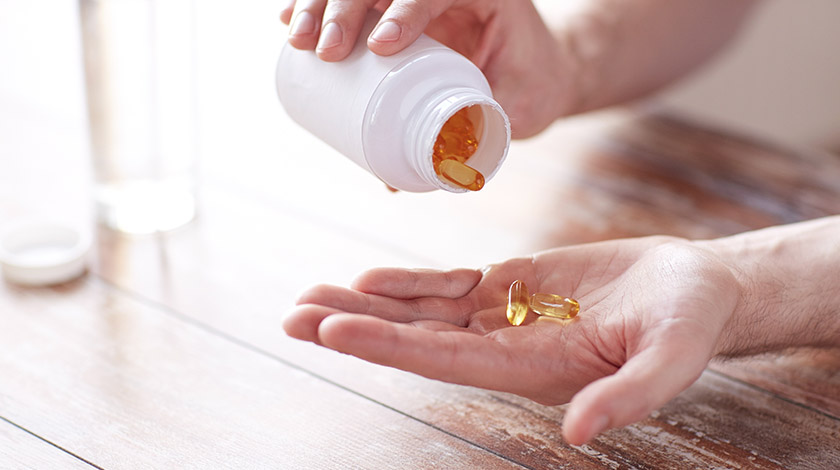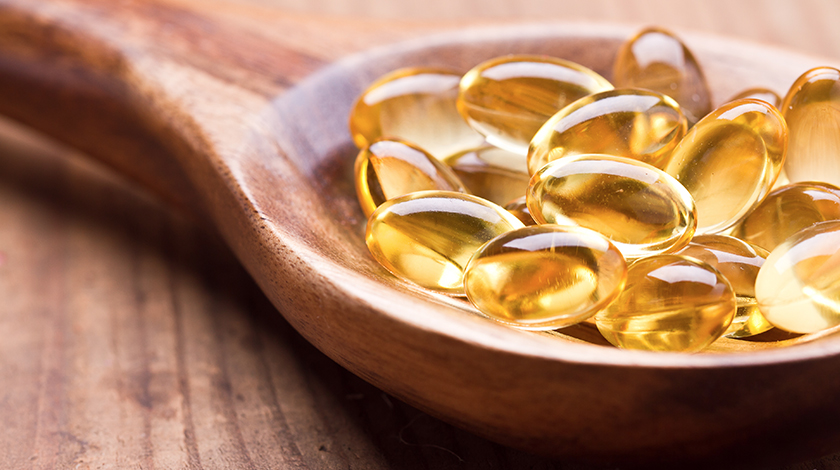A fish oil capsule a day during pregnancy and the initial months of breastfeeding may lower the risk of the baby developing food allergy and eczema, a research by Imperial College London suggests.1
It is found that daily intake of fish oil has decreased a child’s risk of having egg allergy by 30%. Risk of the child developing eczema is also 22% lower. Fish oil also contains omega-3 fatty acids that are essential nutrients for health and growth.2
Choosing the right fish oil
Mothers-to-be, however, should be cautious when choosing fish oil supplements. Those made from the body of fish are fine for expectant mothers to consume, while those made from fish liver are not. They contain a form of Vitamin A (retinol) that can be dangerous to the baby.3
Putting our children’s health first
Meanwhile, the National Health Service (NHS) recommends expectant mothers to eat fish for its wide range of vitamins and minerals, instead of turning to supplements. Furthermore, the NHS clarifies that fish in general, oily or not, is a great source of omega-3 fatty acids.4 So pregnant ladies have no reason to be picky about the types of fish they consume.
Sources
- https://www.bbc.com/news/health-43228242. Viewed on 21 July 2018.
- http://www.who.int/elena/titles/bbc/fish_oil_pregnancy/en/. Viewed on 21 July 2018.
- https://www.babycenter.com.au/x541094/is-it-safe-to-take-fish-oil-supplements-during-pregnancy. Viewed on 21 July 2018.
- https://www.nhs.uk/common-health-questions/pregnancy/should-pregnant-and-breastfeeding-women-avoid-some-types-of-fish/. Viewed on 21 July 2018.
© Cigna Healthcare 2023
Information provided in this article is intended for health and fitness purposes only and is not intended for use in the diagnosis of disease or other conditions, or in the cure, mitigation, treatment or prevention of disease (see Terms & Conditions for details). Any health-related information found in this article is available only for your interest and should not be treated as medical advice. Users should seek any medical advice from a physician, especially before self-diagnosing any ailment or embarking on any new lifestyle or exercise regime. Any information contained in this article may not be suitable, accurate, complete or reliable. Cigna Healthcare accepts no responsibility for the content or accuracy of information contained on external websites or resources, or for the security and safety of using them. "Cigna Healthcare" and the "Tree of Life" logo are registered trademarks of Cigna Intellectual Property, Inc. in the United States and elsewhere, licensed for use. All products and services are provided by or through operating subsidiaries, and not by The Cigna Group.





